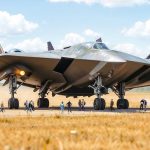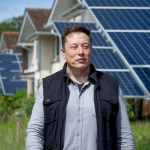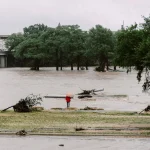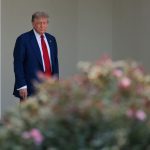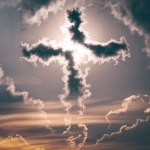Iran’s Fierce and Determined Response After Donald Trump’s Threat
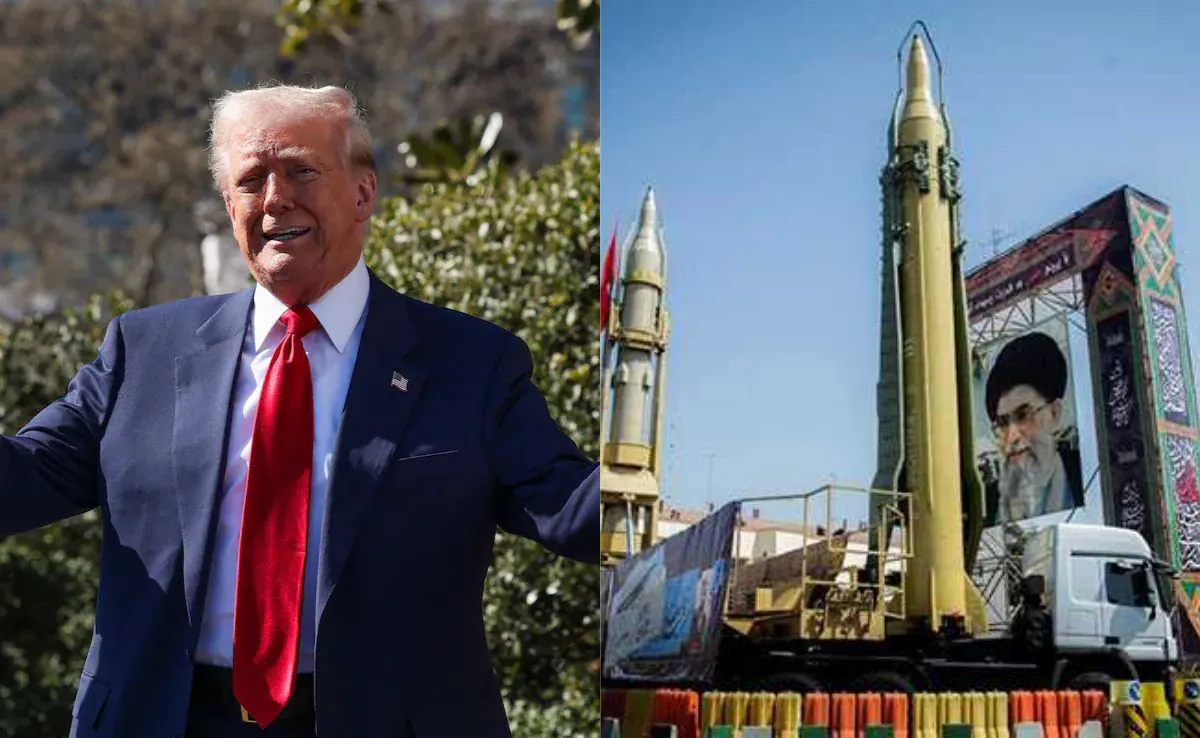
Iran’s Fierce and Determined Response After Donald Trump’s Threat
In a world where geopolitical tensions can escalate quickly, the latest exchange between former U.S. President Donald Trump and Iran has heightened concerns about the fragile state of international relations. On June 17, 2025, Trump made a bold statement on Truth Social, openly threatening Iran’s Supreme Leader, Ayatollah Ali Khamenei, while urging the country to cease its retaliatory airstrikes on Israel and refrain from threatening U.S. servicemen in the region. His statement, which openly declared that Khamenei was an “easy target” but would remain “safe for now,” sent shockwaves through the political landscape.
In response to Trump’s provocative words, Iran’s government has been quick to issue a stern and unequivocal reply. Tehran has called the U.S. president’s threat an attempt to destabilize the region and provoke unnecessary conflict. Iranian officials, led by high-ranking military leaders and government representatives, have expressed outrage at what they call a direct affront to their sovereignty and national dignity.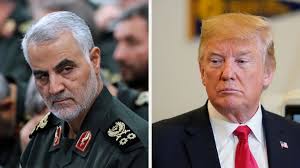
One of Iran’s key responses was an immediate mobilization of both political and military leadership. The Iranian Ministry of Foreign Affairs released an official statement condemning Trump’s remarks, emphasizing that such provocations would not go unanswered. The statement reaffirmed Iran’s commitment to defending its borders and citizens, highlighting its resolve to protect its leadership at all costs. The rhetoric from Iranian officials has been a mix of defiance and anger, with several senior leaders making public speeches denouncing Trump’s threat as an act of aggression that would only fuel further instability.
Meanwhile, the Iranian military has reportedly increased its preparedness in key areas, particularly near its borders with Israel and U.S. military bases in the region. While not openly declaring an act of aggression, Iranian generals have emphasized that the country’s forces are ready to defend itself from any external threats. In a statement, Iran’s Revolutionary Guard Corps (IRGC) warned that any military action against Iran’s leadership or civilian infrastructure would be met with “full force.” The IRGC, a powerful arm of Iran’s military, has a long history of engagement in regional conflicts, and its threats cannot be dismissed lightly.
Alongside the military response, Iran’s leadership has turned to international diplomacy. Iranian officials have been reaching out to their allies in the Middle East, including Hezbollah, Syria, and other key actors in the region, to solidify their support. Iran’s Foreign Minister has already begun consultations with Russia and China, two countries that have often provided political backing for Tehran in the face of Western sanctions and threats. Both Russia and China, being permanent members of the UN Security Council, have historically played a role in shielding Iran from actions that might be taken by the West, including the United States.
Furthermore, Iran’s state-run media has been actively involved in shaping public perception both domestically and internationally. Broadcasts have aired footage of Iranian military drills and statements from high-ranking officials, emphasizing the country’s readiness for any escalation. There have also been several segments focusing on the nation’s history of resisting foreign intervention, portraying Trump’s threat as a continuation of U.S. imperialism in the Middle East. This media campaign is designed to bolster domestic morale and reinforce the narrative of national unity in the face of external pressure.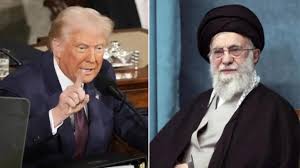
The broader international community has been watching these developments closely, with some nations expressing concern over the potential for military escalation. Several European Union countries, including Germany and France, have called for restraint from both sides, urging dialogue rather than military confrontation. However, there is also a growing sense of unease within the EU regarding Iran’s nuclear ambitions, which have been a long-standing point of contention between Tehran and the West.
The situation has also led to an increase in diplomatic efforts within the United Nations. The U.S. has called for emergency sessions of the UN Security Council, seeking to gather support for further sanctions on Iran and its leadership. However, given the divided nature of the international community, it remains unclear whether any significant action will be taken in the near future. Russia and China have already signaled their opposition to additional sanctions, further complicating efforts to secure international consensus.
While Trump’s statements have undoubtedly added fuel to the fire, Iran’s response shows a level of defiance that the U.S. has come to expect from the Islamic Republic. As both sides continue to position themselves for what could be a prolonged standoff, it remains to be seen how the conflict will evolve. The threat of military confrontation looms large, but there are still avenues for diplomatic engagement that could prevent an all-out war.
In the coming days, all eyes will be on the actions of both nations and their allies. The world watches as the leaders of Iran and the United States engage in a dangerous game of brinkmanship, where any misstep could have catastrophic consequences for the Middle East and the international community. The possibility of armed conflict, while not immediate, continues to grow, as both sides prepare for the next phase in this high-stakes geopolitical showdown.
The situation between Trump’s administration and Iran’s leadership exemplifies the complex and volatile nature of modern geopolitics. While the direct threat from Trump may have been a rhetorical device designed to show strength and assertiveness, the real-world implications of such words are significant. With tensions already high due to ongoing conflicts in the Middle East and Iran’s nuclear program, the international community faces a delicate balancing act between supporting diplomatic efforts and preparing for the potential fallout from military escalation. As both Trump and Khamenei continue to dig in their heels, the world waits to see whether this latest chapter will be resolved through diplomacy or whether it will spiral into something much more dangerous.
